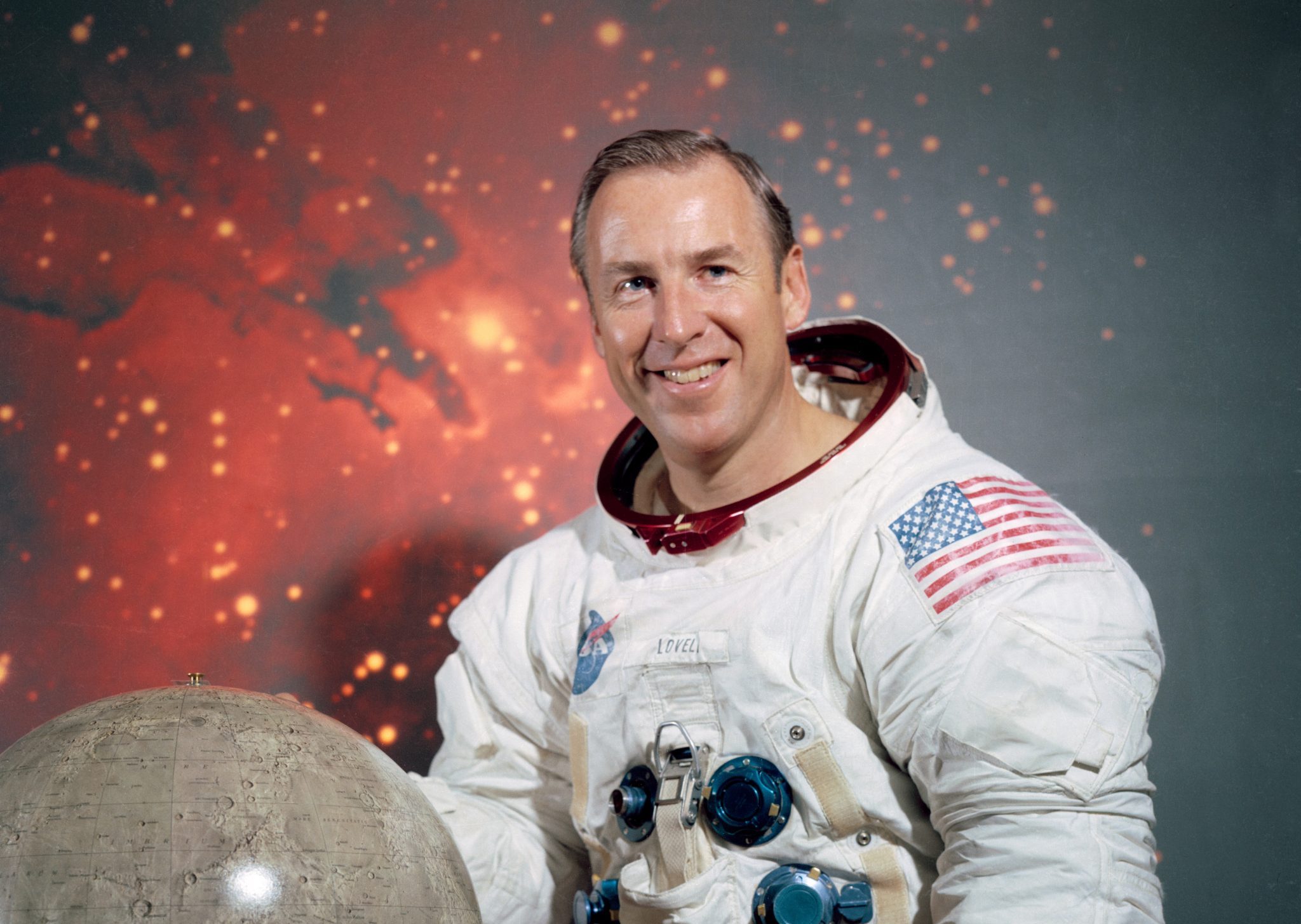At age 97, James ‘Jim’ Lovell Jr. passed away last week on 7 August 2025. The commander of the Apollo 13 mission became world famous for maintaining his composure during one of the most dramatic crises in space history – and his crisis management skills hold some valuable lessons for us.
The events of 13 April 1970
56 hours after launch, an oxygen tank exploded during Apollo 13’s flight to the moon. Lovell immediately summed up the situation precisely: ‘Houston, we’ve had a problem. We’ve had a Main B Bus Undervolt.’ No panic, no embellishment – just clear, fact-based communication. It is precisely this ability to immediately outline the situation and communicate it clearly to everyone involved that is a basic prerequisite for remaining capable of acting in today’s crisis management.
The disaster had a happy ending: all three crew members – John Swigert, Fred Haise and Jim Lovell – returned to Earth unharmed on 17 April, four days after the crisis unfolded.
What We Can Learn from Apollo 13 for Crisis Management
The Apollo 13 mission has since been regarded as a ‘successful failure.’ It shows once again that it is not what happens that matters, but how you respond. In my view, there is a lot that can be transferred to today’s playbooks for managers in crisis situations.
- Clarity in communication
Lovell’s precise radio message created a common understanding of the situation between the crew and ground personnel. In a corporate context, sending unclear or reassuring messages wastes valuable time – and trust. ‘Define the reality’ is one of the first and most important things that must be done. - Improvisation with available resources
The crew transformed the lunar module into a ‘lifeboat’ and built a functioning CO₂ filter system using on-board resources, including a sock. Today’s crises also often require unconventional solutions – using what is available rather than waiting for ideal conditions. - Teamwork without vanity
Lovell involved every crew member and ground crew in solving the problem. Decision-making processes were short, and expertise flowed freely. Successful crisis management today means breaking down silos and utilising the best contribution – regardless of which level of the hierarchy it comes from. True to the motto: a good idea doesn’t care who came up with it. - Focus, focus, focus
Energy, water, oxygen – Lovell and his team focused on survival; everything else was eliminated. The same applies in today’s crises: not everything is equally important; the focus must be on the decisive levers. Prioritisation is vital for survival.
More Than a ‘Successful Failure’
Apollo 13 is often referred to as such because the moon landing failed, but all three astronauts returned safely. For crisis managers, however, this mission is a prime example of how clear analysis, creative improvisation, team spirit and prioritisation can turn an almost hopeless situation into a success.
James ‘Jim’ Lovell Jr. thus remains not only a hero of space travel, but also a lasting teacher for every leader who has to make decisions in difficult moments.
The transcript of a detailed conversation with James Lovell is well worth reading.
Picture: James Lovell, (c) NASA

